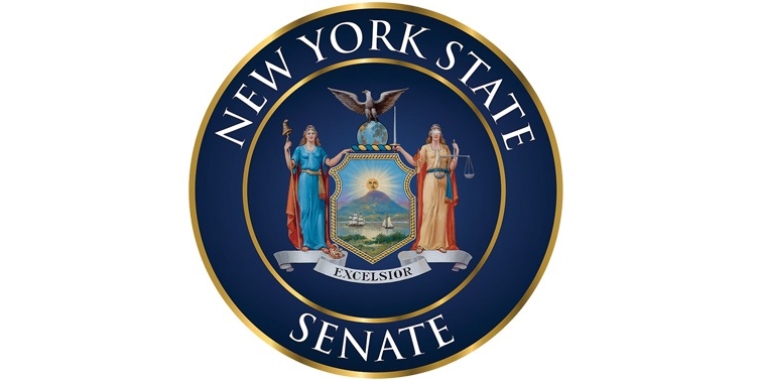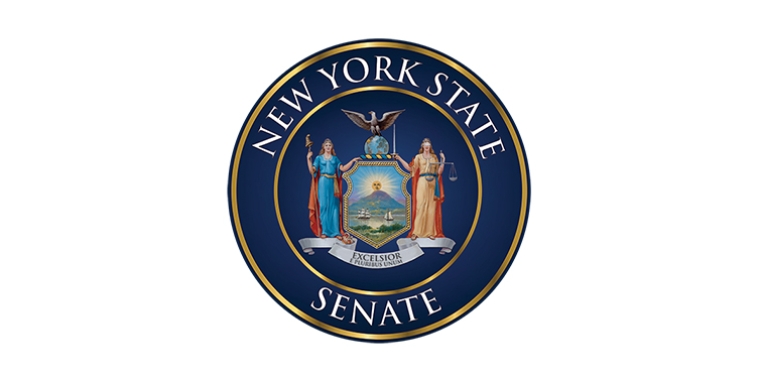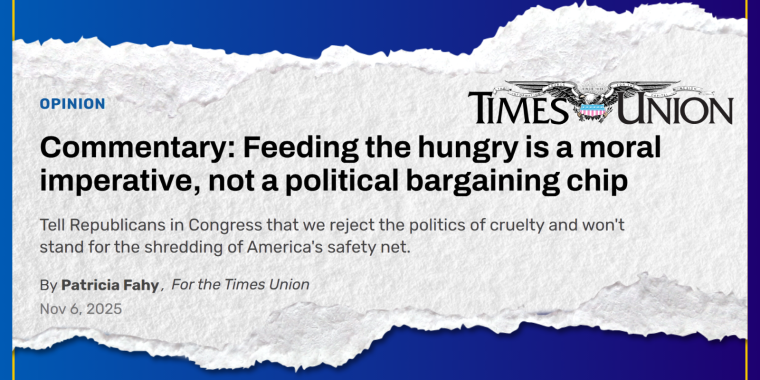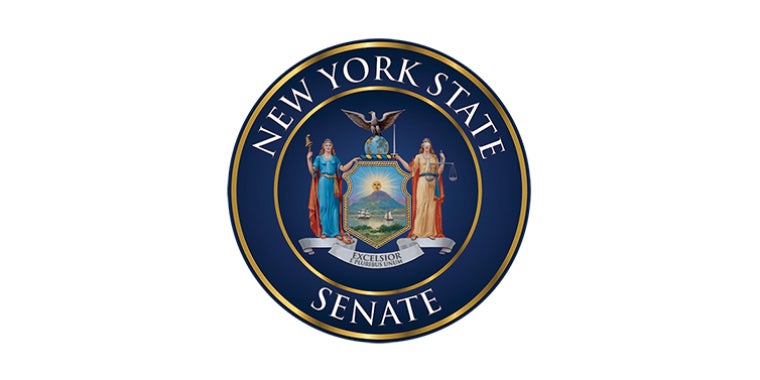Statement from Sen. Fahy, Sen. Persaud on 2.6% Targeted Inflationary Increase in the SFY2025-6 Budget
May 7, 2025
-
COMMITTEE:
- Disabilities

ALBANY, N.Y. – Today, Chair of the New York State Senate Disabilities Committee Senator Patricia Fahy (D—Albany) and Chair of the Senate Social Services Committee Senator Roxanne Persaud (D—Brooklyn) released the following joint statement regarding the 2.6% targeted inflationary increase included in the SFY2025-6 budget:
“As respective Chairs of the Senate Disabilities Committee and the Social Services Committee, we are deeply disappointed that the SFY2025-26 New York State Budget includes a 2.6% targeted inflationary increase for programs and services, well below the 7.8% increase requested by providers, advocates, and families across the state. The 2.6% increase also continues to ignore numerous critical human services programs that have never been included in various rate increases over the past two decades.
Unfortunately, this increase does not come close to meeting the urgent needs of a workforce in crisis. Human services workers and Direct Support Professionals are the foundation of care for more than 130,000 New Yorkers with intellectual and developmental disabilities, and tens of thousands more of our most vulnerable constituents. Yet, right now, we’re seeing vacancy rates exceeding 20%, with nearly 20,000 unfilled positions statewide and high turnover primarily due to low wages. These are not just numbers: these are missed meals, unsupervised medications, families left without critical care, and impaired access to basic economic and social supports.
Without the ability to offer competitive wages, nonprofit providers are struggling to recruit and retain enough staff to meet demand, which affects the delivery of care. Turnover is high, morale is low, and the strain on caregivers, human services workers, and the people they serve grows by the day. What’s especially troubling is plans by the Trump administration to slash Medicaid by hundreds of billions of dollars, which could have devastating consequences for disability and other social services in New York and across the country.
New York has long led the way in advancing the rights and care of people with disabilities and the most vulnerable, and it is more imperative than ever that we meaningfully invest in living wages for our human services workforce.”
###
Share this Article or Press Release
Newsroom
Go to Newsroom


